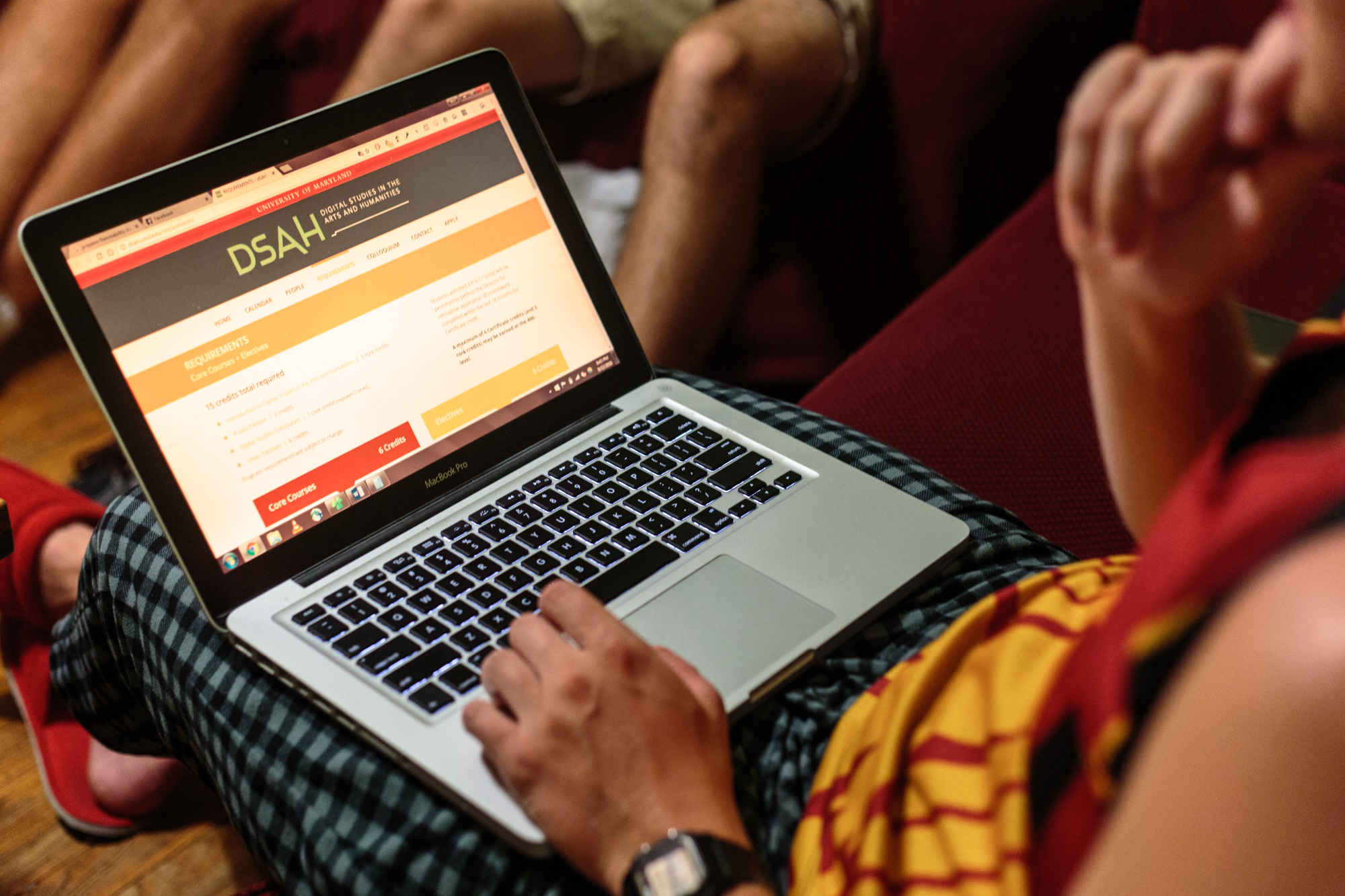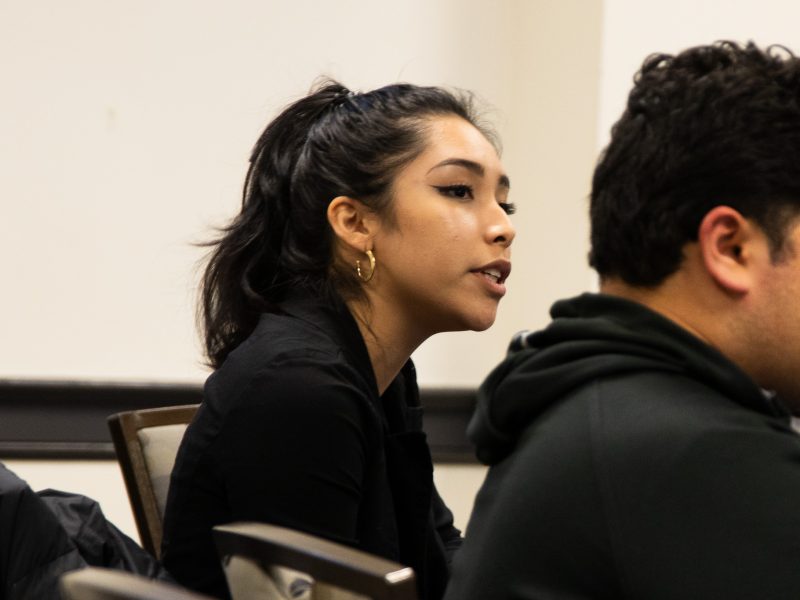The arts and humanities college and the Maryland Institute for Technology in the Humanities announced Sept. 15 that they have launched a digital studies certificate for graduate students to support a growing interest in studying the humanities with new technology.
Matthew Kirschenbaum, associate director of MITH, said they created the program because so much culture, art and literature takes place online today.
“Digital studies is a program for students who want to study contemporary art media, culture, literature, aspects of online identity … through both sort of the traditional kinds of things that students do in the arts and humanities, close reading and so forth, but also hands-on work with new technologies,” Kirschenbaum said.
The introductory course will be offered for the first time in the spring semester and the certificate consists of 15 credits.
The program will allow students to use technology to answer humanities questions, Kirschenbaum said. For example, students studying current events like the election or the Black Lives Matter movement will learn how to use Twitter to collect data.
Students will also have the opportunity to participate in ongoing MITH projects, such as the Shelley-Godwin Archive, which digitizes the works of four 18th and 19th century writers.
Kirschenbaum said the University of Maryland was one of the earliest universities in the nation to begin thinking about how digital media would impact the arts and the humanities, starting with the creation of MITH in 1999.
DB Bauer, a second-year women’s studies doctoral student, said this university’s strength in the digital humanities was one of the things that attracted her to it.
“What’s neat about this campus is that you see kind of like these commitments to digital scholarship,” Bauer said. “Digital communities are being established throughout campus.”
Kirschenbaum said there is a strong student response to the program. There are currently 11 students enrolled in the required one-credit colloquium for the program this semester.
“Our hope is that it will draw in students all across the college,” Kirschenbaum said. “You might have a graduate student studying literature next to a student doing history or philosophy or art history.”
The colloquium is a way for students from different backgrounds who are interested in digital technologies to network, said Purdom Lindblad, the assistant director of innovation and learning at MITH.
“One of the things the certificate is really aiming to do is to ground folks strongly in their own discipline … but also encourage fluency across disciplines,” said Lindblad. “It encourages a deeper kind of collaboration.”
Jeffrey Moro, a first-year English doctoral student, said he looks forward to meeting students from different backgrounds.
“I think what I’m most excited for right now is the ability for the certificate to build a broader community here at the university that cuts across departments,” Moro said.
Kirschenbaum plans to market the certificate through MITH’s website and Twitter to attract more students to the program.
“ARHU has had interests in this direction for a long, long time,” Kirschenbaum said. “To be able to formalize that and crystallize that with the certificate and really try to bring students across different departments is really exciting to a lot of us.”



